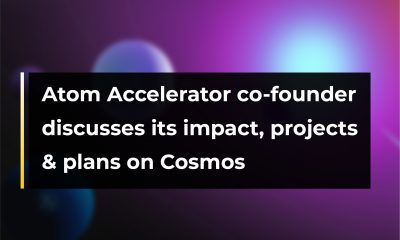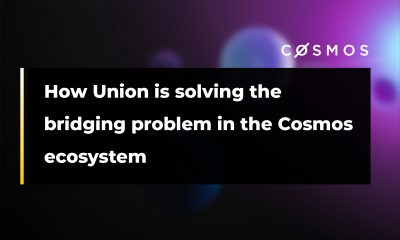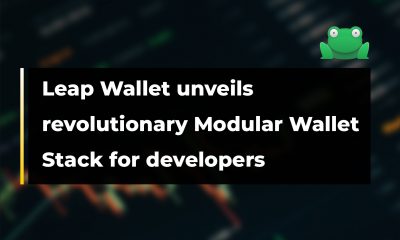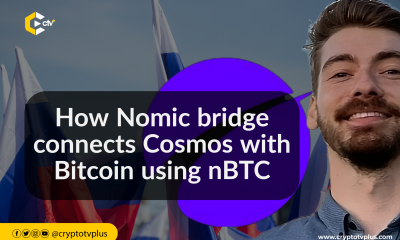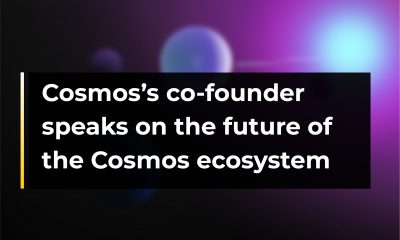FEATURED
Unlock the future of digital collaboration with OKP4: The Open Knowledge Protocol
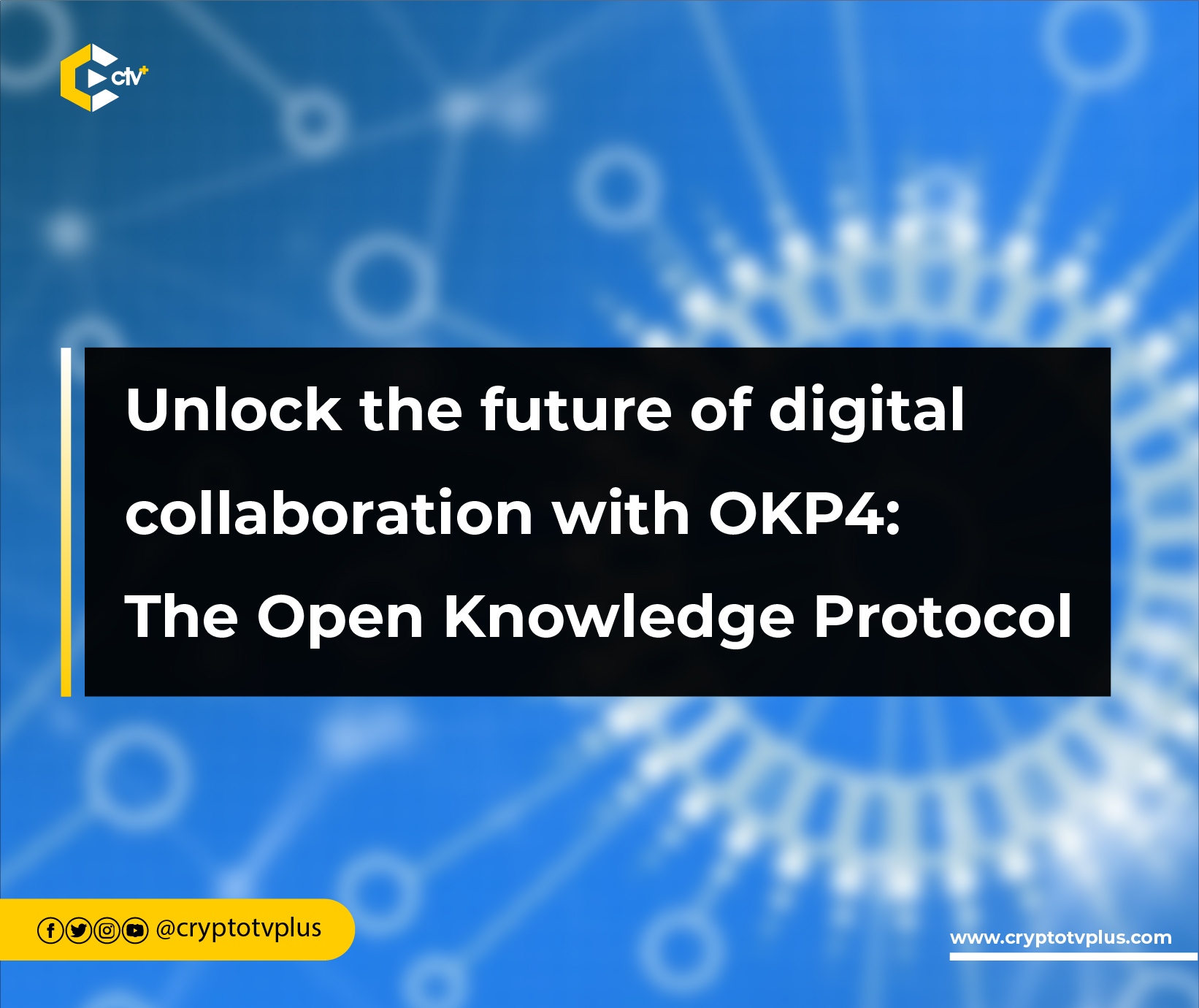
OKP4, the Open Knowledge Protocol, is an innovative public blockchain protocol that encourages communities to confidently share data and services.
It recognizes that to fully harness the value of data, it should be processed by sophisticated algorithms and combined with other datasets to generate valuable knowledge. Essentially, data sharing is essential for maximizing its potential.
This protocol operates as a foundational layer where individuals, groups, or companies can join or establish Data Spaces with customized rules, governance structures, and business models. These are tailored to optimize the value derived from data without relying on trusted third parties.
Theo Pelliet, Head of Ecosystem at OKP4, recently spoke at the Cosmoverse 2023 conference about the intricate aspects of OKP4, its usefulness, and future plans ahead, especially as they relate to the future of knowledge-sharing and coordination in the virtual world.
Knowledge as the cornerstone of progress
In order to fully grasp the significance of OKP4, it is crucial to acknowledge the central role that knowledge plays across various domains, as emphasized by Theo.
Whether it involves managing a diverse portfolio, making informed business decisions, developing medical breakthroughs, or creating innovative products, knowledge serves as the foundation for all these endeavors.
Knowledge empowers individuals to make choices, enabling them to select between different technologies and navigate complex environments.
Traditionally, knowledge has been acquired through books and human intellect. However, in the digital age, datasets and algorithms have emerged as the primary sources of knowledge.
These digital assets can be replicated infinitely at minimal cost, presenting unparalleled opportunities for progress.
Unfortunately, the digital realm often operates in isolated pockets, with numerous entities safeguarding their data and algorithms, impeding collective advancement.
The problem of siloed data and knowledge, and OKP4
Theo explained that siloed data and knowledge hinder collective problem-solving. When data and algorithms are not shared, it creates obstacles such as research roadblocks, public health crises, food shortages, and environmental crises.
These challenges persist because valuable knowledge is trapped behind digital barriers.To address this issue, the Open Knowledge Protocol (OKP4) emerged as a solution. Theo highlighted three key pillars of OKP4.
Firstly, it allows users to define rules governing the use of their data, algorithms, and resources. This includes rules related to access, licensing, and business models.
Additionally, Theo emphasized that OKP4 utilizes Ontology, which serves as a unified representation of all resources (data, algorithms, services) within the protocol. This facilitates a comprehensive understanding of these digital assets, promoting cohesion among users.
The final pillar discussed is orchestrated smart contracts. Within OKP4, smart contracts are used to enforce defined rules, ensuring that participants adhere to agreed-upon terms such as payments and access rights.
To illustrate OKP4’s potential, the speaker described the concept of an AI Factory that operates using the protocol. In this use case, AI models are collaboratively trained, owned, and governed. Participation is open to anyone, allowing individuals to contribute data, define rules, and quantify their contributions.
Essentially, Theo emphasized that OKP4 provides templates for governance, data requirements, and contribution quantification. This simplifies the creation of AI models that are not controlled by a few corporations but are collectively owned and governed by contributors.
The future of knowledge sharing and collaboration
Theo further mentioned that the OKP4 protocol is currently in the testnet phase, with active participation from validators.
As it moves closer to its mainnet release in 2023, it is anticipated to unlock new avenues for collaboration, knowledge sharing, and problem-solving across diverse domains.
He emphasized that the potential applications of OKP4 extend beyond finance and NFTs, reaching into various off-chain domains such as decentralized infrastructure networks and social media management.
The protocol envisions a future where data and algorithms can be shared, enabling collective progress without compromising ownership or security.
Read also; Stargaze: introducing interchain transfer for NFTs





